Boston Real Estate Market to See Moderate Growth in 2024: Key Insights

As we step into 2024, the Boston real estate market is projected to experience moderate growth, driven by several key factors. Here's a comprehensive look at what's shaping the market dynamics this year.
New Housing Developments
Boston neighborhoods are witnessing significant housing construction and development projects:
- Fenway: Plans for 266 residential units.
- South Station Transportation Center: Development of 166 condos.
- Dorchester Bay City: Over 1,900 residential units.
These projects aim to alleviate the housing inventory shortage and provide more options for potential buyers.
Suburban Appeal and Downtown Opportunities
The suburbs and nearby western communities around Boston are expected to see an increase in listing activity as buyers seek larger homes outside the city. Conversely, downtown Boston is also offering attractive deals, drawing in buyers looking to downsize or "right-size" from the suburbs.
Price Growth Forecast
Home prices in the Greater Boston area are forecasted to grow by 3.9% by early 2025, reflecting the competitive market conditions and sustained demand.
Economic and Interest Rate Influences
Lower interest rates and improved economic stability are anticipated to boost the housing market by encouraging more sellers to list their homes and enabling more buyers to enter the market.
Hot Markets and Desirable Neighborhoods
Certain Boston neighborhoods and suburbs, especially those with good school systems and more affordable housing options, are predicted to be particularly hot markets in 2024.
Driving Factors Behind Boston's Housing Demand
Several factors are fueling the demand for housing in Boston:
- Population and Job Growth: Boston's robust job market, especially in technology, healthcare, finance, and education, attracts more residents, including students and professionals.
- Strong Economy and High Incomes: The presence of high-paying jobs increases purchasing power and housing demand.
- Limited Housing Supply: Low inventory levels and high interest rates contribute to the supply-demand imbalance, driving up home prices.
- Desirability as a Location: Boston's reputation as a hub for innovation, education, and culture continues to attract buyers.
- Shift from Renting to Buying: High rental costs encourage individuals to consider homebuying, presenting opportunities for real estate investors.
Challenges for First-Time Homebuyers
First-time homebuyers face significant challenges navigating Boston's competitive market. Key strategies include:
- Mortgage Pre-Approval: Essential for making credible offers.
- Experienced Real Estate Agents: Provide crucial insights into neighborhoods, pricing, and hidden listings.
- Flexibility: Expanding search areas to suburbs or nearby communities can uncover more opportunities.
- Competitive Offers: Offering over the asking price and waiving contingencies are often necessary to win bids.
Despite these strategies, first-time buyers struggle to compete with all-cash offers and investors, particularly for homes priced under $1 million in desirable areas.
Patience, persistence, and a willingness to compromise are essential.
Conclusion
The Boston real estate market in 2024 is poised for continued growth, driven by new housing developments, suburban demand, and competitive market conditions. Economic factors and interest rates will play a crucial role in shaping the market, while desirable neighborhoods and suburbs will attract significant attention. For first-time buyers, navigating this market will require strategic planning and flexibility.
Categories
Recent Posts
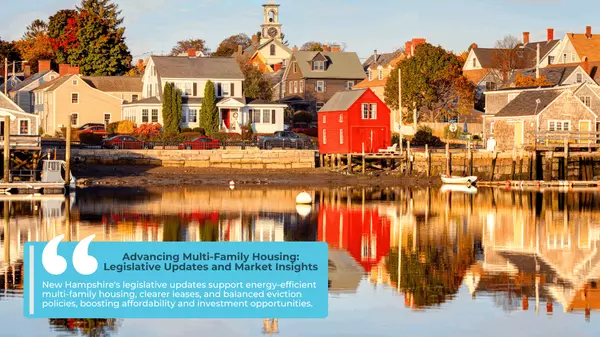
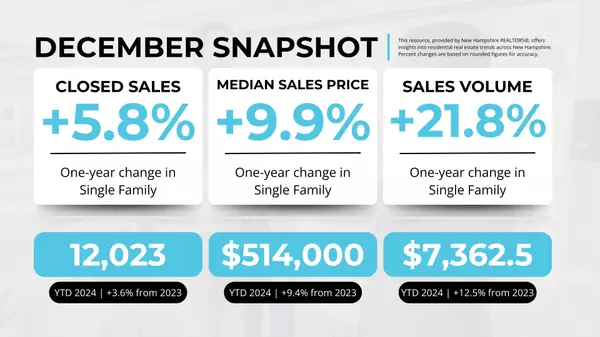
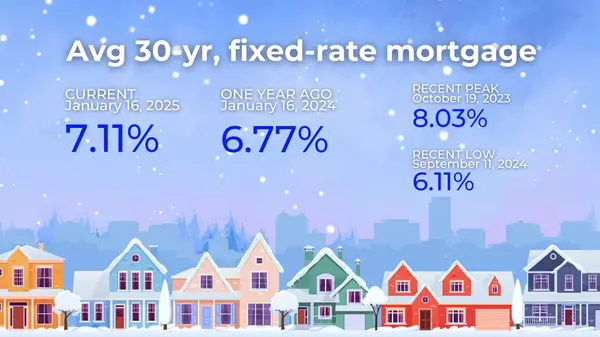
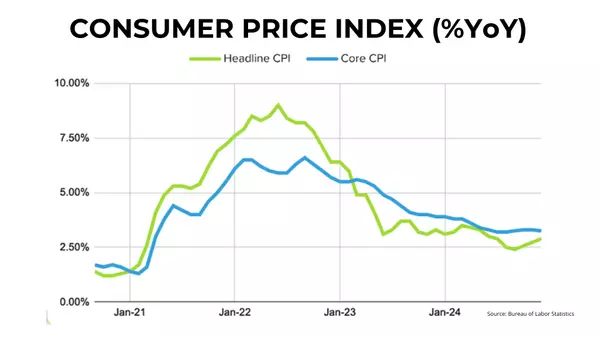

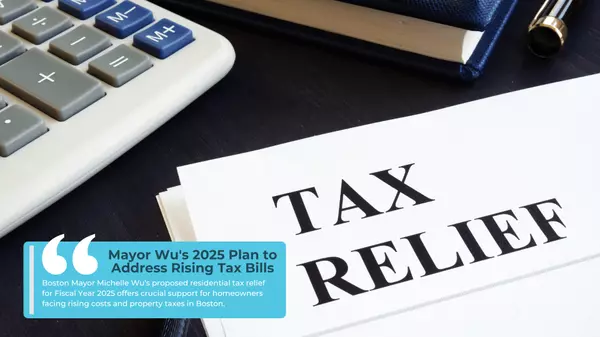
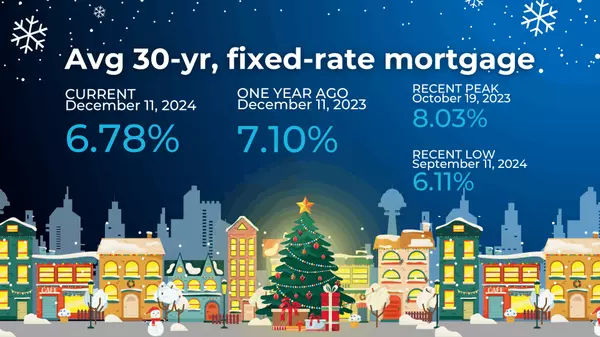
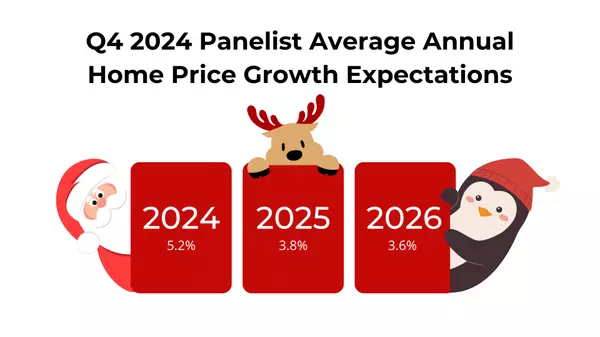
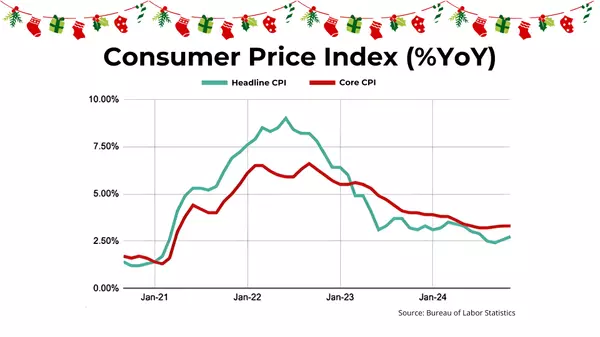

GET MORE INFORMATION

